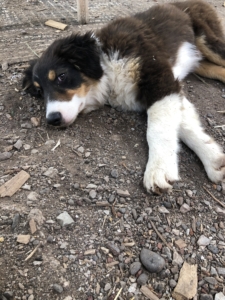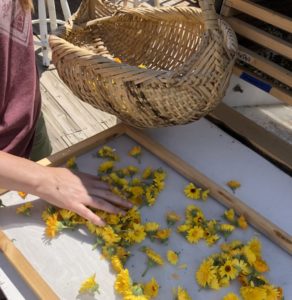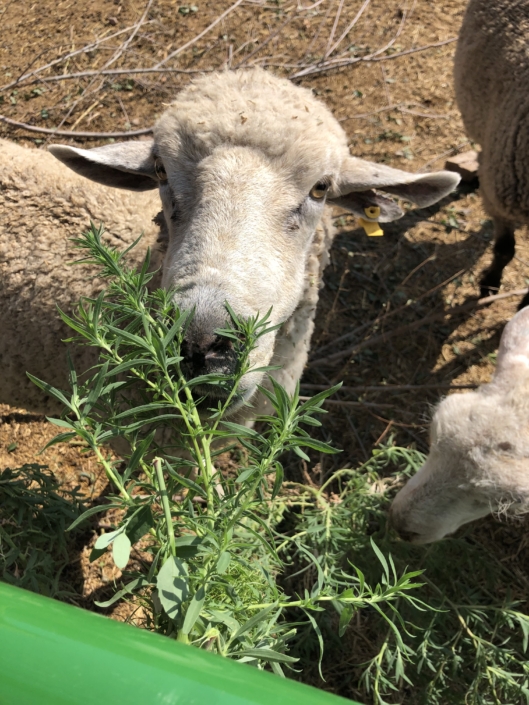Regenerative Agriculture in Action

The Coalition members move on to pick chamomile and calendula flowers. Like every other plant in the farm’s exotic forest garden, these flowers serve a purpose. They attract pollinators, deter pests and will later be dried in a solar-powered dehydrator to make teas and medicines. This land has been intentionally shaped to capture and distribute water effectively, leaving no need for irrigation. It produces drought resistant crops and is home to a variety of wildlife.

Efforts to Support the Movement
Regenerative agriculture is an important solution to the climate crisis because it draws carbon out of the atmosphere and helps restore the carbon cycle. But it can be out of reach for many farmers and ranchers. The Coalition’s Regenerative Agriculture Working Group aims to change that. From field work to policy work, the Coalition has several initiatives dedicated to uplifting the regenerative agriculture movement in Colorado.

The Coalition is also working to foster a sense of community among regenerative agriculture proponents. To do so, The Coalition will host an annual series of farm tours. These will build a network of climate smart practitioners in Colorado, connect people to the food they eat and help bridge the urban/rural divide.
Finally, the Coalition promotes and influences regenerative agriculture policies in Colorado through our annual policy platforms and legislative endorsements.
Get Involved!
Are you a farmer, rancher or otherwise involved in the regenerative agriculture movement? Please join the Coalition and reach out to our Coalition Director, Jolie Brawner, to explore opportunities for partnering with us. Are you interested in learning more about regenerative agriculture? We encourage you to join the Coalition, participate in the Regenerative Agriculture Working Group and/or keep your eyes peeled for our next Elk Run Farm volunteer day!

